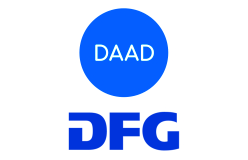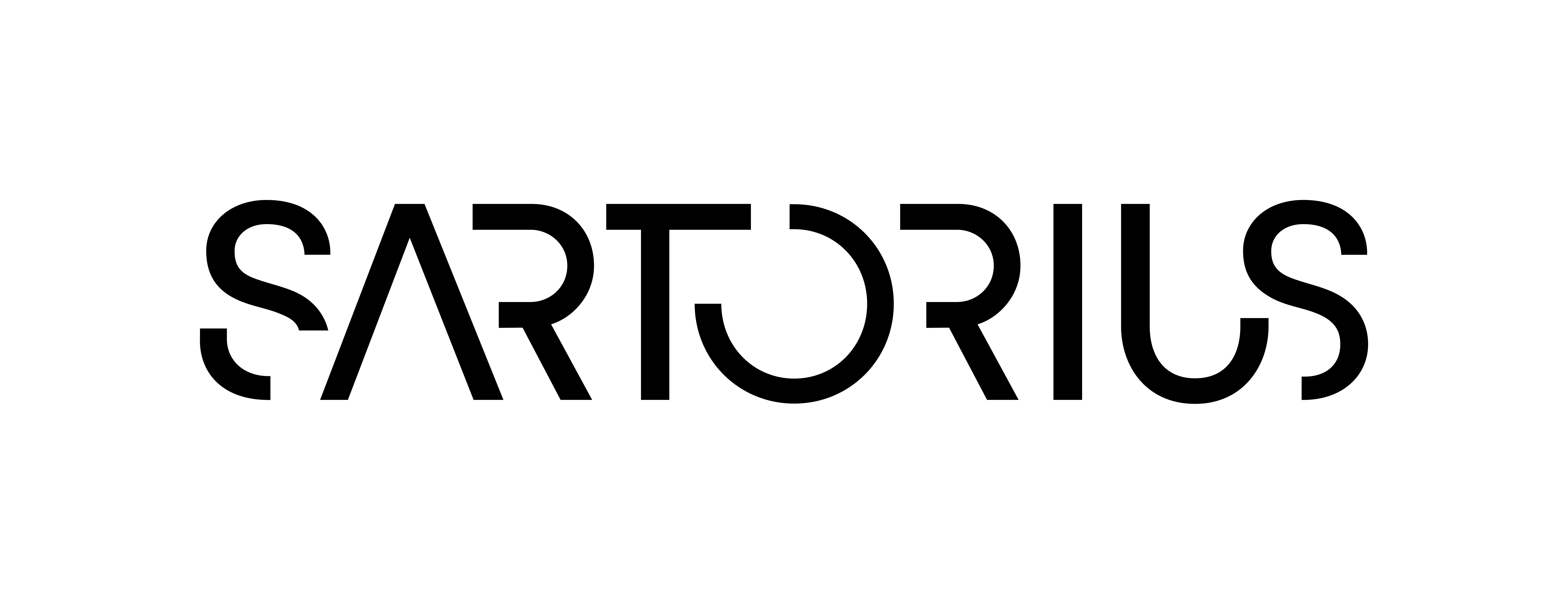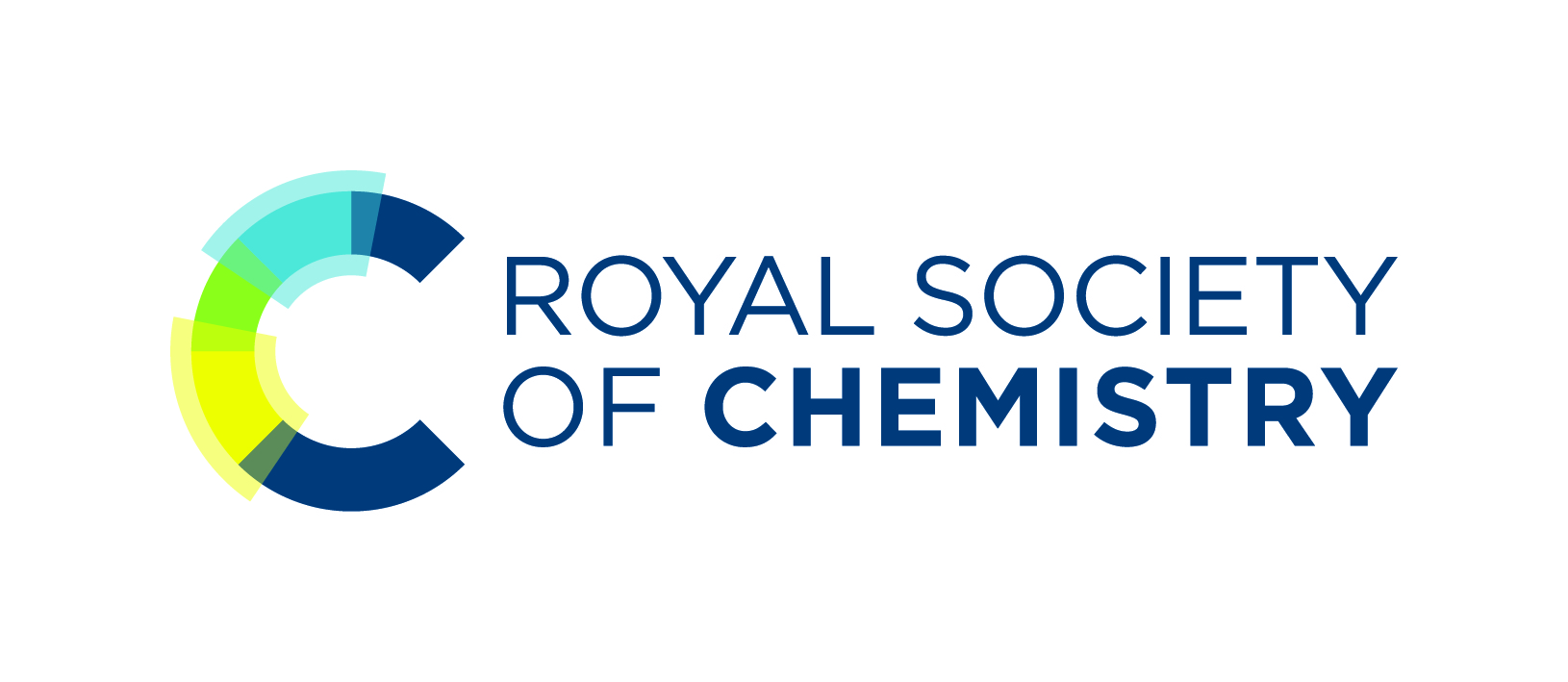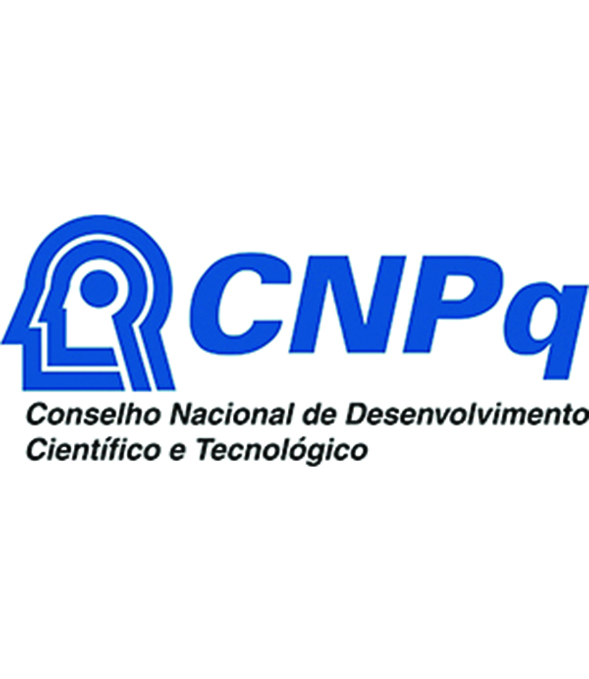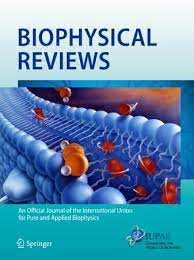Gender Equality in Science - download in portuguese
The theme was discussed at a symposium at the IUPAB/SBBf/SBBq Congress
Maria Celia Wider - October 18th, 2021
Gradually, but consistently, gender inequality has been exposed and debated in the scientific community. Initiatives to tackle and combat power disparities between men and women are multiplying at different levels. The UN General Assembly, for example, defined February 11 as the International Day of Women and Girls in Science, to encourage women's participation in science. In Brazil, the Gender in Science symposium, held during the IUPAB/SBBf/SBBq 2021 Congress, brought diversity to the debates.
The road to gender equality, however, is a long one. “We will still need a period of debates and struggle and conquests so that we can say that we are equally scientists. The IUPAB Congress championed equality, the organizing committee had this concern. So much so that they proposed the symposium on gender in science", says physicist Maria Cristina Nonato, from the School of Pharmaceutical Sciences of Ribeirão Preto - USP, who coordinated the symposium, together with the professor David Crossman, from the University of Auckland, New Zealand.
The symposium brought together five scientists with successful careers, representing countries from five continents: Frances Separovic, from the University of Melbourne, Australia; Pimchai Chaiyen from the Vidyasirimedhi Institute of Science and Technology (VISTEC) in Thailand; Lauren Arendse, from the University of Cape Town, South Africa; Milagros Medina, from the Universidad de Zaragoza, Spain; and the Brazilian based in the United States Carla Mattos, from Northeastern University.
According to Nonato, the objective was to get to know experiences that have common points, but also particular characteristics of each region. And the result was excellent. "I was very satisfied, each one brought an approach that complemented each other, the lectures had cross-talking, without us having defined limits for that”.
For researcher Antonio Jose Costa Filho, president of the Brazilian Biophysics Society (SBBf), "in terms of geographic diversity, this was perhaps the most diverse symposium of the entire Congress."
Picture a Scientist
A point of reference for debates during the symposium was the film Picture a Scientist, by Sharon Shattuck and Ian Cheney, which was available online to congress participants. In the 2020 documentary, that took part in the Tribeca Film Festival, three prominent scientists talk about their career trajectories, bringing to light the barriers they encountered, including cases of discrimination and harassment.
In academia, the film shows, sexual harassment and coercion can be represented as the tip of an iceberg. Most of the iceberg's volume corresponds to microaggressions that women suffer continuously, often without realizing it: they are subtly excluded, they are passed over for promotions, they hear comments about their body, they perceive hostility, they do not get credit for their work, they have their competence questioned, among others.
It can be a colleague that makes a pass at you at a scientific congress, right after your presentation, as happened with the researcher Carla Mattos, at a Gordon Conference, in the United States. It can be the situation of being taken as a janitor in your lab, as chemist Raychelle Burks tells in the documentary. It can be the case of the women who do not feel safe to stay in the laboratory late and go home alone at night, as reported by South African researcher Lauren Arendse.
According to Nonato, perhaps the biggest challenge for women is to become aware of microaggressions and to understand what happens when they suffer some form of psychological or moral abuse. “The prejudice is structural, it's so deeply rooted, that you live that way and think that's how it is. But this has horrible consequences.”
President of the Brazilian Society for Biochemistry and Molecular Biology (SBBq), Professor Leda Quercia Vieira says that when she was interviewed for a survey on gender equality, she replied that she did not consider having problems for being a woman at the university. But, when answering a detailed questionnaire about her professional life, she realized these small issues, the microaggressions. "In my generation, there is an attitude of most people, certainly not all, of valueless," she says.
As proposed by the Thai researcher Pimchai Chaiyen, we need to unlearn, that is, to become aware of the misperceptions we have, for then relearn to see women as leaders, investors, creators of technology. Learn, unlearn, relearn.
Inequality
"Despite remarkable progress in some areas, no country in the world - rich or poor - has achieved gender equality". The conclusion is from a 2020 United Nations Development Program (UNDP) study. About 90% of the population of 75 countries has some kind of prejudice against women. It is no wonder that the UN included gender equality as one of the goals in the document “Transforming Our World: The 2030 Agenda for Sustainable Development”, which aims to eradicate poverty and promote a decent life for all.
In science, data on gender inequality accumulate. At the symposium, researcher Milagros Medina presented information about inequality in scientific leadership positions in Spain, which highlights the so-called glass ceiling in science. Although women are the majority in graduate studies, they are a minority among full professors. Here, data from the Brazilian Academy of Sciences show that, in 2015, women represented only 24.6% of CNPq level 1A investigators. These are the highest and most prestigious scholarships.
In 2020, Elsevier updated the report entitled The Researcher Journey Through a Gender Lens, which examines research participation, career progression, and perceptions of scientists in 26 subject areas across the European Union and 15 more countries, including Brazil. One of the study conclusions is that, in all countries, the percentage of women who publish internationally is lower than that of men.
Still on the publication of scientific articles, a paper by the Royal Society Chemistry entitled Is there a gender gap in chemical sciences scholarly communication? analyzes the relationship between author's gender, reviewer's gender, reviewer's recommendations, and submission result. “I use this paper in my lectures, to show that men have prejudice when evaluating women's work", Nonato says.
It was based on a thorough data collection that, in the 1990s, Nancy Hopkins, then a professor of biology at MIT, managed to assemble women academics on a committee that produced the report A Study on the Status of Women Faculty in Science at MIT, showing how women faculty were marginalized, with access to fewer resources and exclusion from decision-making, for instance. The report had a great repercussion and made the front page of newspapers such as the New York Times, which led to an awareness of gender as an issue at universities. She tells this story in detail in the documentary. She also says that, when young, she was harassed by Francis Crick, who shared the 1962 Nobel Prize for the structure of DNA.
Initiatives
In recent years, many actions to promote gender equality have been catalyzed in different ways, in different places. In Brazil, Nonato points out specific initiatives, such as events, scholarships, workshops, and discussions promoted by universities, which “should be the cradle of this transformation”; by the Brazilian Academy of Sciences (ABC), which was never chaired by a woman; and by the Academy of Sciences of the State of São Paulo (ACIESP), currently chaired by chemist Vanderlan da Silva Bolnazi.
The researcher also highlights concrete initiatives, such as the parent in science movement, created five years ago, "with the aim of raising the discussion about motherhood (and fatherhood!) within the universe of science in Brazil", as reported in their website, and which already has some important achievements, such as the inclusion of maternity leave in the Lattes Curriculum. Nonato recalls that “in my day, the scholarship was interrupted when we gave birth to a child - then you don't eat during this period.” Currently, in São Paulo, FAPESP guarantees the continuity of scholarships during maternity leave.
And initiatives showing women scientists as role models and highlighting their role in science throughout history, to encourage girls to see science as a career possibility. Recalling that only 30% of students entering the university choose careers related to STEM, which stands for science, technology, engineering, and mathematics, according to a 2018 UNESCO study.
A crystallographer herself, with a bachelor's and post-graduate degrees in physics, Nonato says that she became a scientist inspired by professor Yvonne Primerano Mascarenhas, her master's supervisor. Mascarenhas was the first woman to hold a chair in the Department of Physics at the São Carlos School of Engineering, in 1956, and one of the pioneers in founding the then Institute of Chemistry and Physics of São Carlos.
And the researcher celebrates the fact that biomedical scientist Jaqueline Goes from Bahia was chosen to become a Barbie doll, as part of the “Inspiring Women” initiative. Goes was responsible for the team that sequenced the SARS-CoV-2 genome in just 48 hours in Brazil.
“We are going through a transformation process that requires resilience from both sexes and society,” concludes Nonato. And this is the message of Lauren Arendse, who, in 2020, received a Future Leaders - African Independent Research (FLAIR) grant, awarded to talented African early-career researchers whose work is focused on solving the needs of the continent. She ended her presentation at the symposium with an African proverb: If you want to go fast, go alone, if you want to go far go together.
The 20th Congress of the International Union for Pure and Applied Biophysics (IUPAB) was held online on October 4th- 8th, 2021, together with the 50th Annual Meeting of the Brazilian Society for Biochemistry and Molecular Biology (SBBq) and the 45th Annual Meeting of the Brazilian Biophysics Society (SBBf).





